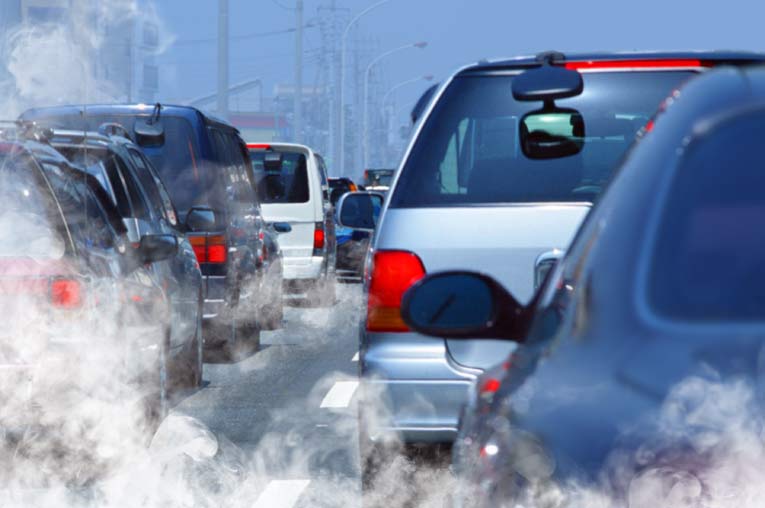Feeling a bit short of breath? You can blame pollution. A research group based at the University of Rochester Medical Centre in New York has been measuring our response to miniscule particles found in our atmosphere. The pollutant particles, which we breathe in as part of our everyday life, have long been associated with and thought to exacerbate several cardiovascular and respiratory conditions.
A study conducted by the Rochester team and published in the industry Journal Environmental Health Perspectives revealed that individuals suffering from underlying medical conditions such as Type 2 Diabetes may be adversely affected by environmental pollutants. Researchers discovered that when a person suffering from Diabetes inhales the tiny particles of pollution carried within our air supply, their platelet count – blood cells which are typically associated with blood coagulation and clotting actions – are activated.
The activation of platelets has been show to contribute to heart disease, and this contributory factor has established the causative link between atmospheric pollutants and cardiovascular problems. While pollution has been shown to aggravate re-established health conditions before, it was not understood how this aggravation worked, nor had evidence been found to explain how pollution resulted in deteriorating health.
The Diabetic test subjects selected for the study were all at risk of suffering from some form of heart conditions, and the research team recorded their physical responses when exposed to ultrafine particles of pollutant materials. Judith Stewart, who lead the research team said of their findings: "What's interesting about our new results is not so much what it shows about people with diabetes, rather, it gives us details more generally about how the body's vascular system responds to exposure to ultrafine particles. It's such a complex process to understand – it's as if someone gave you a haystack and told you to look for something tiny, but you had no idea what you were actually looking for."
The pollutants, which are produced by vehicles such as cars and trucks, as well as by the process of cooking, cleaning and vacuuming and even running power plants, are essentially chemical formulas released into the atmosphere. These miniscule particles find their way into our respiratory systems and can cause all manner of problems, including leading to heart attacks.
Stewart and her team found that while the risk posed by pollutants to healthy individuals was very low, the risk posed to individuals prone to cardiovascular disease was a definite problems. Platelet formation, while usually a helpful process designed to stem bleeding and promote wound healing, can be a problem where the arteries are clogged. The exacerbated production of blood clots can increase the likelihood of a heart attack and increase susceptibility too heart-related health problems.
The message is clear; pollution poses a real risk to an identifiable group of people. This means that at-risk groups should attempt to control their exposure to pollution, for example by remaining indoors in a situation where the air quality outside is especially contaminated by pollutants. Hopefully this research will help to minimise the human cost of pollution, and to manage personal exposure so as to avoid risk of harm.










